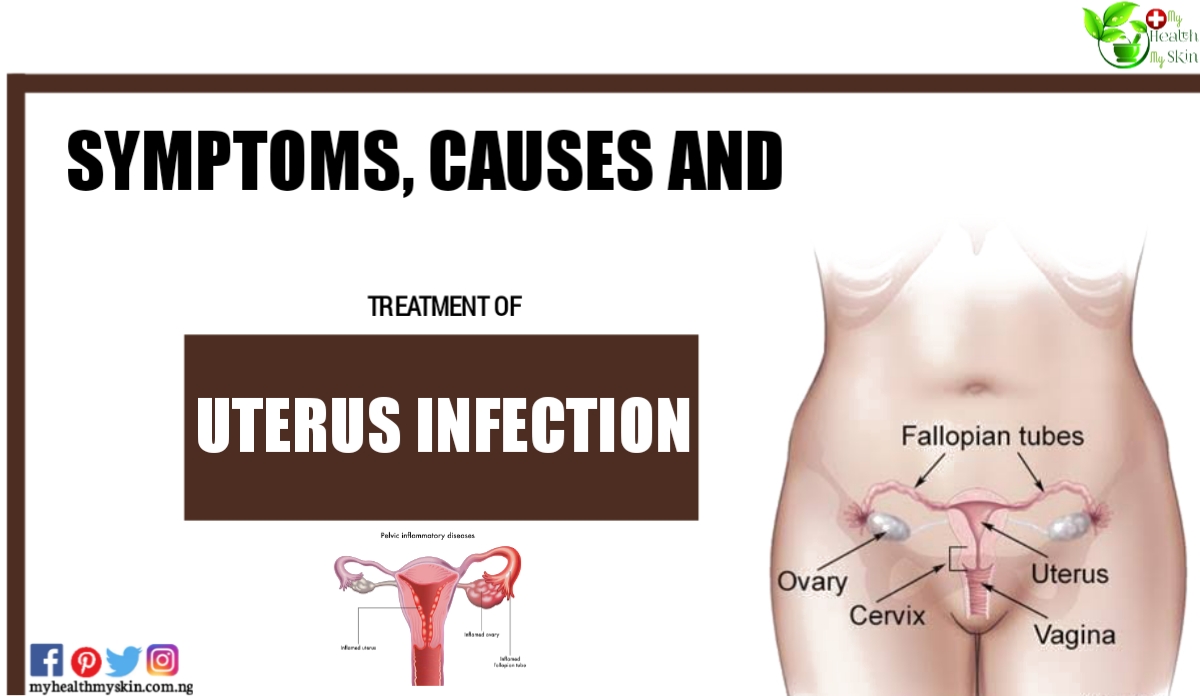The uterus is a complex organ and it can happen that it, like so many other parts of the body, suffers from infections.
Therefore, we spoke with the obstetrician and specialist in human reproduction Dr. Fernando Prado to better understand infection in the uterus.
What Do We Know About Uterine Infection?
According to the doctor, the uterus itself rarely becomes infected. However, its lining layer, the endometrium, is quite affected by a series of infections.
The most common are due to infections in the vagina, which end up reaching the uterine cavity and the endometrium, which is this lining tissue, through communication.
These most common infections are caused by bacteria like Gardnerella and Trichomonas and fungi like Candidiasis, but we also have STDs like HPV, Chlamydia and Gonorrhea”.
Symptoms of Uterus Infection
Symptoms are quite varied and depend on the causative agent. They range from itching to bleeding outside the menstrual period, passing through greenish, purulent, foul-smelling discharges.
The discharge can also be whitish, gray or brown, again depending on which microorganism caused it.
Sometimes, there may be pain during intercourse, fever or pressure or pain in the pelvic region.
How Are Uterine Infections Diagnosed?
Generally, the diagnosis can be made with the patient’s report added to a physical examination by the gynecologist, who will assess the appearance of the discharge and whether there is pain when palpating the region of the cervix.
You can also use transvaginal ultrasound and secretion collection for laboratory analysis.
In more advanced cases, or with diagnostic doubts, even a tomography can be used”, continues Dr. Fernando.
Finally, “uterus infection treatments are almost entirely via oral antibiotics or in a vein, in the most severe cases. This is because vaginal creams are not effective when the infection has left the vagina and reached the uterus.
In the most extreme situations, in which the infection has already left the uterus and reached the fallopian tubes or even the pelvic cavity, surgery may be necessary to drain the pus that has accumulated in the area.
These are very serious and life-threatening cases. Luckily, they are also rarer”, he says.
Therefore, the recommendation is to seek medical attention as soon as you notice the first signs or symptoms, in order to avoid complications. To see more post on Physical & Mental Health click here.

Source: Dr. Fernando Prado, obstetrician and specialist in human reproduction.






